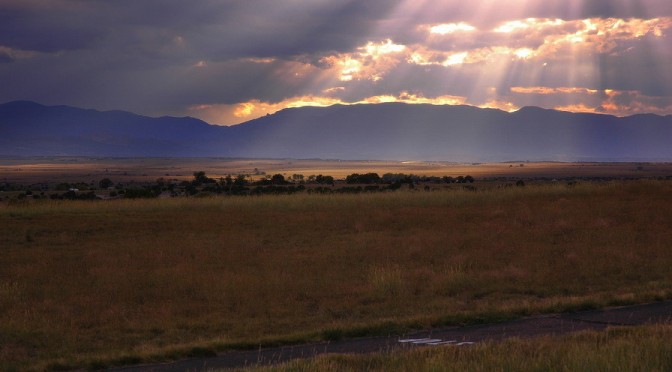(Part 2 on the battle to keep retail marijuana out of communities.) Colorado has become the butt of the jokes from late night talk show hosts. Some have gone so as to call it the vacation destination of “stoners” across America.
In the past, Colorado had been known mainly for its sporting activities and natural beauty. “I think that [health and wellness] is a better thing for us to promote. It seems a little hypocritical, regardless of what side of the argument you want to take. There’s a lot of evidence out there that this [marijuana] may not be the greatest thing for you,” Tim Haas told me as we discussed Colorado tourism.
Haas is struggling with the problem in Manitou Springs, as our last article detailed. Isn’t growing up to be a healthy, high functioning human being the message worth promoting to young children of Colorado? It’s time to let Colorado communities — rather than marijuana businesses that are expanding throughout the state — to decide what is best for their individual communities.
South to Pueblo West
An hour’s drive south of Manitou Springs, the Pueblo West Metropolitan District is fighting a similar battle. The community of Pueblo West has been struggling with the growing number of businesses selling, growing, cultivating, or producing marijuana-infused products. The metropolitan district is already credited to having 6 recreational dispensaries, with, what seems, a new rush of marijuana licenses on the way.
When medicinal and then recreational marijuana were legalized in Pueblo County, the county created a land use code that limited stores to property zoned for specific retail uses. The result was the zoning protected Pueblo City, with limited zoning, and Pueblo West, with far more retail zoning, became the place to open shop.
“The result is businesses looking for spaces found a lot more zoned in Pueblo West than a lot of other places in the county,” Commissioner Sal Pace said. “It was an unintended consequence.” Pueblo West doesn’t want the stores, but the community of about 35,000 is stuck with them. That’s what the resolution ended with, that acknowledgement.
While unintended, it’s nonetheless a consequence. In the minutes of a Pueblo West Metropolitan District meeting on July 8, 2014, Sheriff Kirk Taylor for Pueblo County is recorded as saying, that he “does not think the citizens of this community have weighed in on the issue. There have been over 100 municipalities and counties that have opted out [of marijuana retailers in their areas]. The community of Pueblo County never got an opportunity to opt out. Three commissioners decided it was good for us and they started giving out licenses, and in his opinion this is wrong.” In other words Pueblo West doesn’t want the stores it has, but the city is stuck with them.

Pueblo for Positive Impact (PfPI) Founder and Leader, Paula McPheeters, has been working diligently to make sure someone is standing up and speaking out for the community. “What we want is control of our own destiny for economic development and or the future. And we know there is way more to Pueblo West than just the marijuana industry,” said McPheeters.
Later in July, the Pueblo West Metropolitan Board finally heard its constituents and voted in favor 5-0 of a new resolution asking that the county not permit any new licensing of any additional marijuana-related facilities or operations. The resolution was passed shortly after being edited to remove a moratorium on pot shops. So while the community would still like to see the shops go somewhere else, they are still protected by the local Metropolitan Board.
The County Commissioner’s Board is beginning to feel the heat, as well, now that the local Metropolitan Board is being called to accurately represent Pueblo West’s desire to end the addition of any more pot shops in its community. Also putting on the pressure at the County Commissioner’s Board meetings are those representing the big business behind the marijuana industry, leaving many community members wondering who their local legislators are really listening to—the people who live in their communities and voted them in, or the profiteers looking to attract pot smokers.
These Coloradans aren’t arguing whether or not they think that pot should or should not be legal, it’s about community members deciding what’s best for them and their families.
Colorado used to be the state of the Olympic Committee, one of the healthiest populations in America, known for its hiking and skiing, and its beautiful landscapes. Communities that don’t want to be a part of the pot community and this new stereotype have the right to do so. Coloradans are now fighting for their right to not raise their children surrounded by pot shops and marijuana grows.

